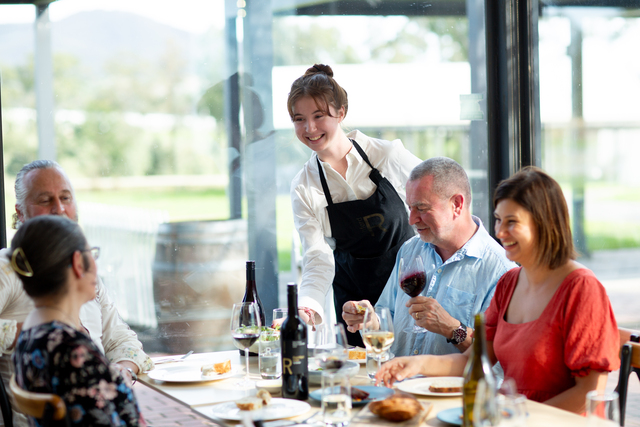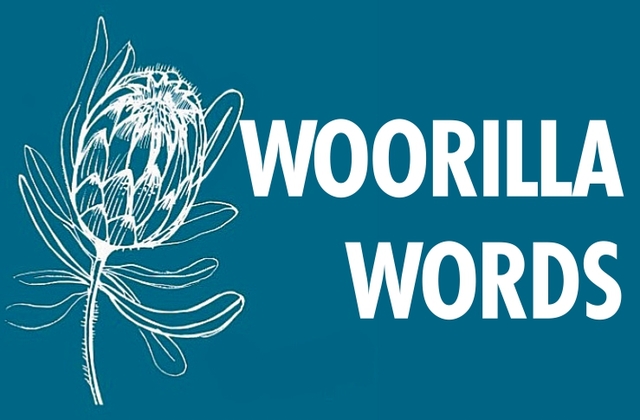By Dion Teasdale
A HEALESVILLE man has been placed on a community based order over the illegal removal of native flora from the Pauls Ranges State Forest.
Joel Daykin, 18, was one of three people penalised earlier this month for the illegal harvesting of xanthorrhoea, commonly known as spear grass and grass trees, from bushland surrounding Healesville.
Two Ringwood East people have also been fined; Mark Andrew Bannink, 43, and his de facto wife Julie Anne Smith, 41, were convicted and fined $10,000 and $2500 respectively for their parts in illegally harvesting, processing and trading in the protected flora.
Daykin, Bannink and Smith appeared in Ringwood Magistrate’s Court on Friday, 21 August.
Daykin pleaded guilty to taking protected flora and wilfully damaging wildlife habitat.
He also pleaded guilty to failing to answer bail, trafficking in cannabis and handling stolen goods.
He was placed on a community based order for 12 months, without conviction, and ordered to perform 125 hours of community work.
Prosecutor Gavan Knight told the court a Department of Sustainability and Environment (DSE) forest officer had observed both Bannink and Daykin with secateurs and bunches of xanthorrhoea fronds in the Pauls Range State Forest near Healesville on 21 November 2005. This led to a wider investigation.
He said Victoria Police and DSE officers later raided Bannink and Smith’s Ringwood East home on 16 January this year, seizing 35 bundles of freshly cut xanthorrhoea fronds.
DSE officers were told that the xanthorrhoea fronds were being sold to florists via stalls at the National Flower Centre in the Melbourne Wholesale Markets at Footscray.
The court heard that the 35 bunches of xanthorrhoea found at the Ringwood East residence were valued at about $200 each – about $7000 in total.
Mr Knight told the court that anyone wishing to harvest xanthorrhoea from public or private land must have a licence, permit or authority as this type of grass tree was protected flora under the Flora and Fauna Guarantee Act 1988.
“The real concern is the introduction and spread of the disease, or pathogen, phytophthora (Latin for plant destroyer) cinnamoi. This attacks the root system of susceptible plants,” Mr Knight said.
“Humans are the main cause of the spread. People can transfer infected soil on vehicle tyres, footwear, secateurs and other harvesting equipment.”
Mr Knight said the spread of phytophthora cinnamoi from infected sites threatened national parks and state forests by destroying native plants and their surrounding habitat.
Plant thief pleads guilty
Digital Editions
-

A spring, summer escape
As the cool mist of winter gives way to warm sunshine, Rochford Winery comes alive in the vibrant energy of spring and summer. The vineyard…





